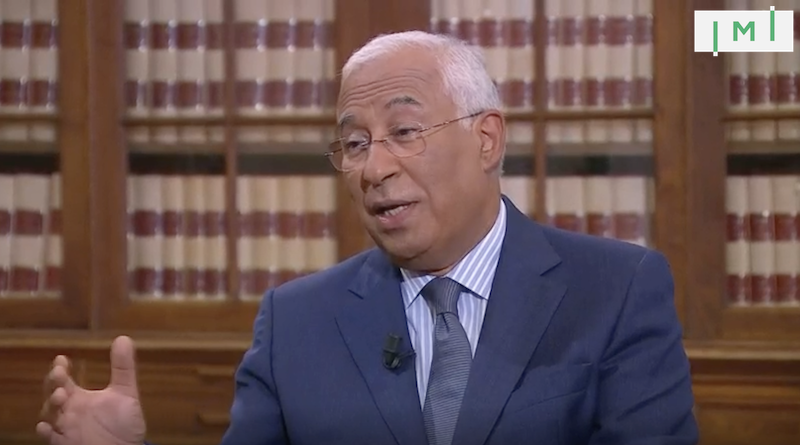Portuguese Prime Minister Says NHR Regime Will End After 2024
During an interview last night with TVI/CNN, Portuguese Prime Minister António Costa said it “no longer makes sense to continue” the NHR regime, which has been in force since 2009. The regime, he said, would end after 2024. The comments represent the Prime Minister’s first public confirmation that the government will propose to end the scheme, following weeks of political discussions about the country’s housing crisis, for which the NHR has received part of the blame.
What is the Non-Habitual Resident (NHR) special tax regime?
The NHR offers reduced rates of taxation for individuals who relocate to Portugal. It offers a reduced flat tax rate of 20% on many types of employment income and a full exemption from Portuguese taxes on certain types of passive income from outside Portugal. To be eligible for NHR, an individual must have been tax resident outside Portugal in the five years before applying. Once approved, the individual can enjoy the benefits of this special tax regime for up to 10 consecutive years. Learn more about NHR, and another ten special tax regimes in Europe in our report: Low-Tax Living in High-Tax Europe.
Saying that the NHR scheme had “already made sense”, the PM noted that after the first ten years of the special regime, 59% of those who had benefited from it had chosen to remain in Portugal despite no longer enjoying the reduced tax rates.
“Maintaining this measure for the future is prolonging a measure of fiscal injustice that is not justifiable, in addition to being a biased way of continuing to inflate the housing market,” argued Costa.
In a political context, Costa’s move to end the regime is considered a concession to the Left Bloc and the Portuguese Communist Party, which have been calling for the scheme’s abolition for some time on the grounds that it represents “fiscal inequality” and is an embarrassment to the country.
“The Prime Minister assured viewers that the regime’s end would not impact individuals who are already beneficiaries,” emphasizes attorney Pedro Catão Pinheiro of Porto-based Next Lawyers Gali Macedo & Associados. “The Left Bloc and the PCP have called for the regime’s end for a long time, but, so far, the government has consistently rejected such proposals.”
Catão explains that as recently as on February 16th, when Costa first announced plans for the More Housing Bill (which the president has now promulgated), Costa told journalists asking whether the NHR regime would close that the government “could not put an end to the goose that lays the golden eggs.”
He also says the move is “certainly motivated by the protests that took place on Saturday, September 30th, across the country, which brought hundreds of people to the streets, demanding solutions to the housing crisis.”
During his interview with CNN, PM Costa said the scheme had elevated fiscal inequality because, from the outset, those benefiting from it already had higher incomes than the average Portuguese.
Become an IMI Pro Today
and get:
Your IMI Pro profile page in IMI
Access to the IMI Data Center
Access to all our Private Briefings
Unlimited articles
All IMI Research Unit reports
+++


